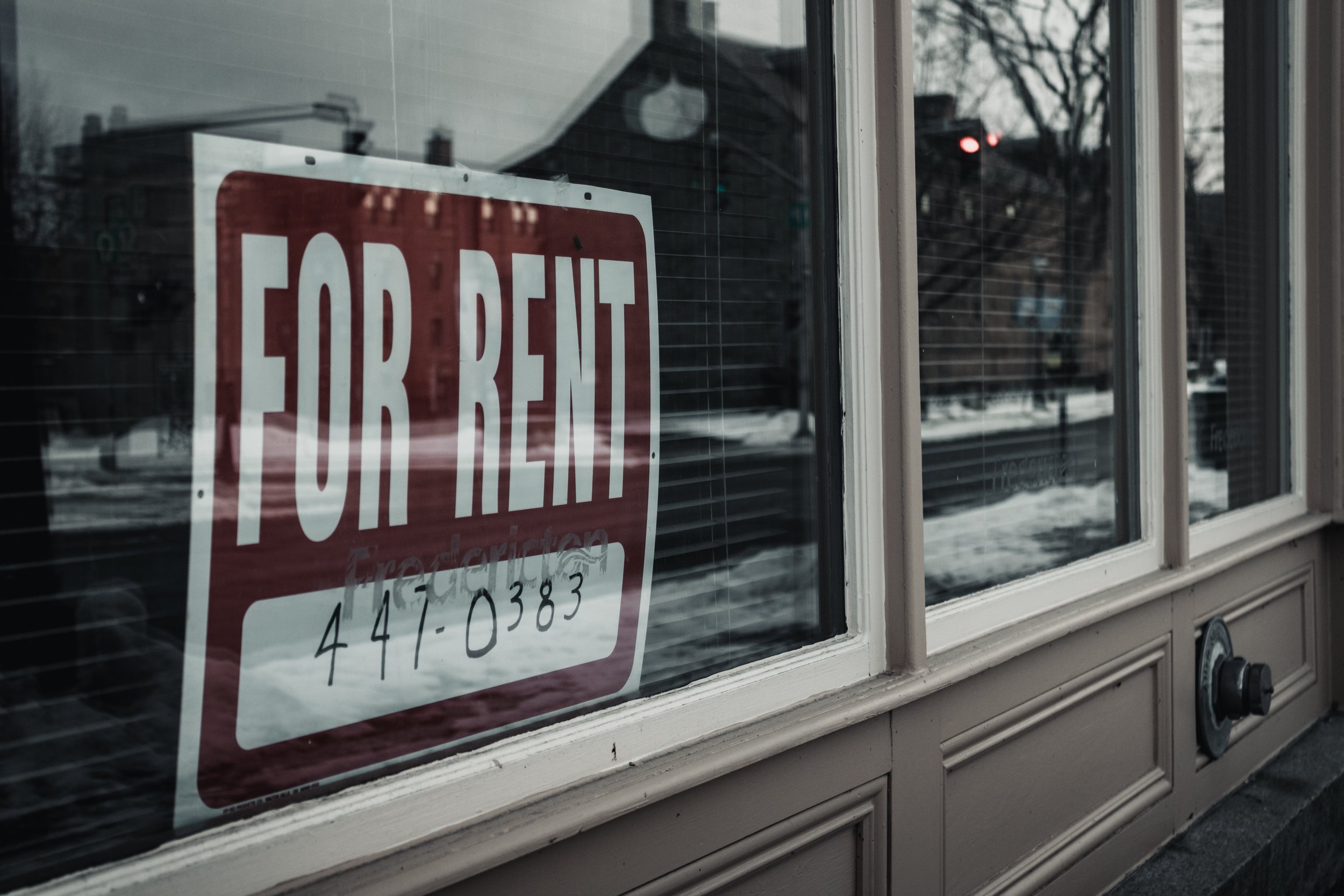
Virginia’s Landlord-Tenant Disputes
Landlord–Tenant law is the field of law that deals with the rights and duties of landlords and tenants. Our attorneys can consult & answer your questions on a variety of aspects of Virginia Law in English, Ukrainian, & Russian languages:
Lease Agreements
Lease agreements in Virginia typically cover the terms of the rental, including rent amount, duration, and any specific rules or obligations for both tenants and landlords.
Security Deposits
Virginia law regulates the collection and return of security deposits. Landlords must provide a written inventory of any existing damages at the beginning of the tenancy, and they are required to return the security deposit, minus any lawful deductions, within 45 days after the tenant moves out.
Rent Payment and Increases
Virginia does not have rent control, and there are no statutory limits on rent increases. However, lease agreements must specify the amount of rent, the due date, and the acceptable payment methods.
Property Maintenance
Landlords in Virginia are responsible for maintaining the premises in a habitable condition. Tenants are also expected to maintain the property and notify the landlord of any needed repairs.
Evictions
The eviction process in Virginia follows legal procedures. Valid reasons for eviction may include non-payment of rent, violation of lease terms, or expiration of the lease. Landlords must follow proper notice and filing procedures.
Notice to Enter
Landlords are generally required to provide notice before entering a rental unit, except in emergencies. The notice period is typically 24 hours.
Discrimination
Virginia has fair housing laws that prohibit discrimination based on race, color, religion, national origin, sex, familial status, and disability.
Retaliation
Retaliation against tenants who exercise their legal rights, such as reporting code violations, is prohibited.
If you or your family member are considering a family petition it is important obtain legal counsel. The options for obtaining lawful status through a family petition may vary based on individual circumstances and it is important to be aware of one’s options before beginning the process.
FAQ:
How much notice is required for a landlord to enter my rental unit in Virginia?
In Virginia, landlords are generally required to provide at least 24 hours' notice before entering a rental unit for non-emergency purposes.
Can a landlord increase the rent during my lease term in Virginia?
Virginia does not have rent control, so landlords can increase rent unless there are specific lease terms that prevent it. Proper notice is usually required.
What are the rules regarding security deposits in Virginia?
Landlords in Virginia must provide a written inventory of existing damages at the beginning of the tenancy. They are required to return the security deposit, minus lawful deductions, within 45 days after the tenant moves out.
What steps should a landlord take to evict a tenant in Virginia?
The eviction process in Virginia involves providing proper notice, filing a court case if necessary, and obtaining a court order for eviction. Valid reasons for eviction may include non-payment of rent or violation of lease terms.
What are my rights as a tenant if the property needs repairs in Virginia?
Tenants in Virginia have the right to a habitable living environment. If the property requires repairs, tenants should notify the landlord promptly. Landlords are generally responsible for maintaining the premises.
Can a landlord discriminate against me as a tenant in Virginia?
No, Virginia has fair housing laws that prohibit discrimination based on race, color, religion, national origin, sex, familial status, and disability.
How long is a standard lease term in Virginia?
Lease terms in Virginia can vary, but the standard lease term is often 12 months. However, landlords and tenants can agree to different terms in the lease agreement.
What should I do if I receive an eviction notice in Virginia?
If you receive an eviction notice, it's essential to review the notice carefully. You may have specific rights and options. Consider seeking legal advice and responding promptly.
Can a landlord charge late fees in Virginia, and if so, what is the limit?
Yes, landlords in Virginia can charge late fees, but there is no statutory limit. Late fees should be specified in the lease agreement.
What are the rules for breaking a lease in Virginia?
Breaking a lease in Virginia may have consequences. Tenants should review the lease agreement and understand the terms for early termination, including any penalties or notice requirements.
Ready to get started?
Wether you simply have additional questions, or already have your case ready and would like it reviewed by a professional, get in touch with us to day and get a consultation..
